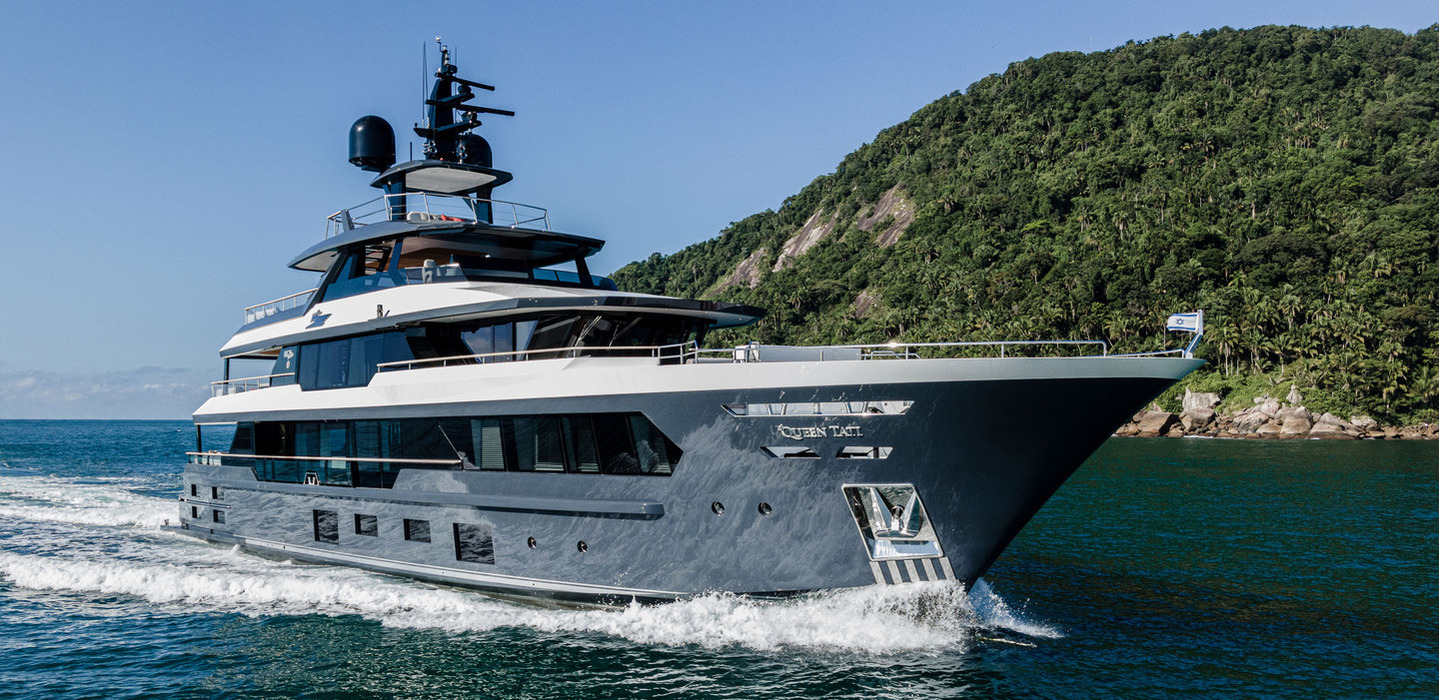From medicine, food and beverage packaging, to the automotive, shipbuilding, construction, and energy sectors, aluminium is everywhere. Properties such as high strength, low weight, durability, flexibility and excellent adhesive ability make this metal very popular in a range of industries. At the same time, the fact that its characteristics remain unchanged no matter how many times it is recycled makes aluminium a protagonist in the global transition to climate neutrality in a circular economy with zero carbon footprint.
Nevertheless, the key to achieving the demand for a sustainable future for all is the reduction of the carbon footprint across a spectrum of activities, especially the transport sector, with a focus on shipping, as it is responsible for three to four percent of global carbon dioxide emissions. In an effort to reduce the environmental footprint of marine applications, aluminium is gaining more and more ground among alternative construction materials as a result of its properties.
ElvalHalcor’s aluminium rolling division, has consistently been among the world's leading producers of sustainable aluminium products, producing ~ 400,000 tons of flat rolled aluminium that are exported to the largest industrial producers in more than 90 countries. Its high-magnesium aluminium alloy sheets and strips end up in shipyards around the world, from Europe, America and India to Australia, Singapore, Taiwan, Brazil, New Zealand and South Korea, for the construction of vessels of all types, uses and dimensions. ElvalHalcor’s aluminium solutions of excellent quality and high standards, certified by independent, internationally recognized classification societies, are an integral part of the global shipbuilding industry, with solid prospects for further growth.
This is no coincidence. ElvalHalcor has been implementing strategic investments in cutting-edge technologies, such as a EUR 150 million investment in a Tandem 4-stand hot rolling mill investment that went into operation in 2020, as well as a new cold rolling mill and lacquering line worth EUR 100 million, fully operational in 2023. It aims to eventually reach an annual production capacity of 800,000 tons.
(photo of Yacht Queen Tati, image credit : MCP Yachts, Brazil)


